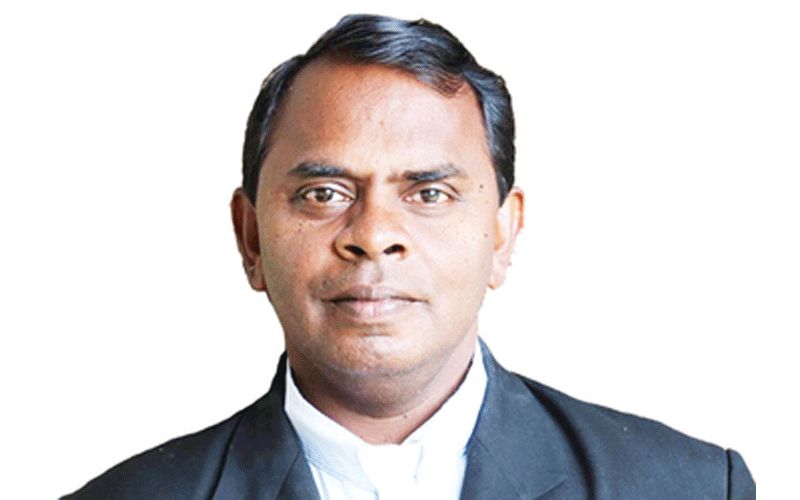Palabek, 28 August, 2020 / 9:28 pm (ACI Africa).
A missionary Cleric overseeing a refugee camp in Uganda has, in a reflection shared with ACI Africa, highlighted and explained the need to rethink the pastoral care toward teenage refugees who have, oftentimes, “witnessed the atrocities” in their early childhood.
“Oftentimes we fail to pay attention to the struggles of grown up children who are able to reason for themselves; they feel the sufferings daily in practical ways and are not able to do anything by themselves,” Fr. Lazar Arasu who is the Director of Don Bosco Palabek Refugee Services in Uganda says.
Don Bosco Palabek Refugee Services provides home to thousands of refugees, most of them youth from neighboring South Sudan.
In the August 27 reflection, Fr. Arasu who focuses on “pre-teens and those in their early teenage years (10-16years)” says that most of those who have lived in Refugee and Internally Displaced People (IDP) camps have “already lost their childhood and the joy of growing as little children.”
“These unfortunate youngsters ... have witnessed the atrocities of war and hatred,” the Salesian of Don Bosco (SDB) Cleric says, adding that the experiences of those in their early teenage years have “pushed them into trauma and distress that their tender minds cannot hold.”








